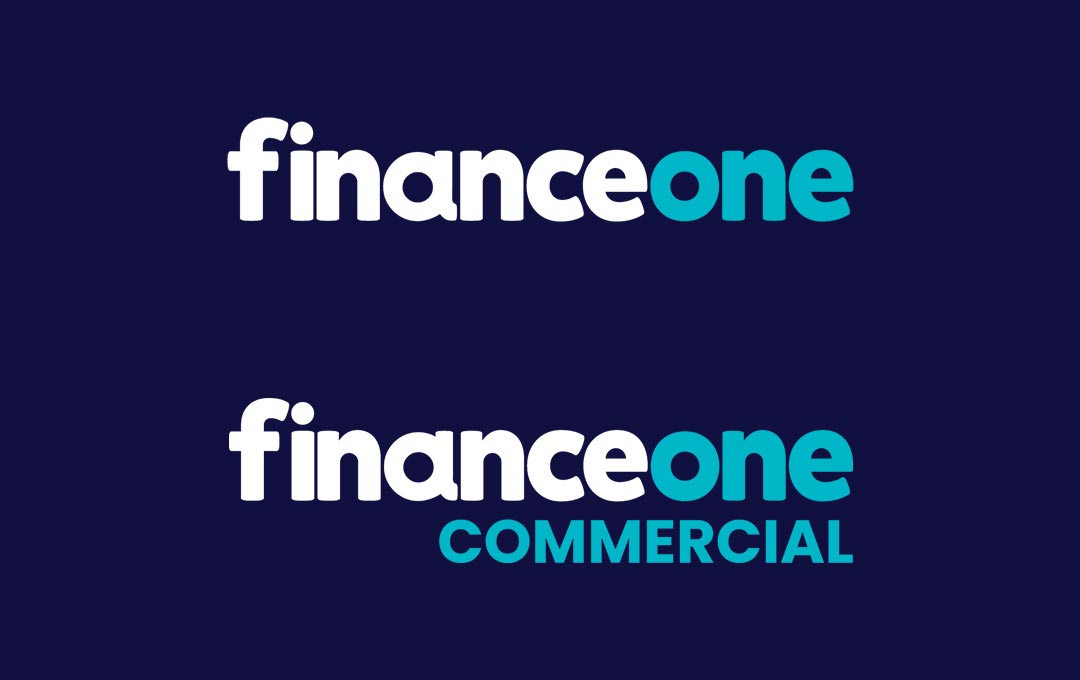The benefits of renovating
They say that change is as good as a holiday. Home renovations can not only update outdated designs and modernise an older property, but they can also transform your house into your dream home, increase the market value of your property, provide extra space for growing or aging families, better cater to your personal needs, make your property safer, more economical, or simply more saleable. In terms of the financial benefits, homeowners prefer renovations because they are often less expensive than buying a new home or building an entirely new home, and they can create more potential for property investment opportunities in the future.Funding home renovation
Every home improver will look at the renovations costs before starting any project to ensure they have enough money to pay for it — the renovations may increase your predicted property value, but you still need to come up with the funds to pay for it. The total cost of renovations varies depending on what is done, but most cosmetic renovation, such as doing up a kitchen or bathroom, can usually be done for under $25,000. When it comes to funding home renovations, you have a few options depending on your financial situation.Using Savings
If you have enough money to pay for your renovations outright, you might consider this method to cover the costs of home improvement. This is one way you wouldn’t need to access equity in your property, which could be advantageous if you want to sell while the property market is hot. Another advantage of using your own cash is that you won’t have to increase your debt or pay interest on the amount it costs to renovate. This strategy also eliminates the need to undergo a credit check; if you’ve applied for another credit product recently, such as a loan or credit card, an additional credit application may reflect poorly on your credit file. A downside to using your savings account is, naturally, that you then deplete your savings that could be used for other wants and needs, such as a new car or family holiday.Borrow money
If you don’t have enough saved to fully renovate your home, you might consider using your home equity to do so. Using your home equity to borrow money is one option, but taking out a separate loan, such as an unsecured loan, may also be an option.At Finance One, we take a personal approach when it comes to assessing your application
Redraw facility or Line of Credit
If your home loan was set up with a redraw facility, offset account or a line of credit, you may have a sufficient balance to pay for your renovation project. Unfortunately, taking money from your redraw means that you are then increasing the principal amount of your home loan, leaving you to pay interest for the amount the savings were offsetting.
You may also rely on your redraw facility as an emergency or backup stash, which could leave you out of luck if something happens after you’ve drained those funds to put into your renovations.
Home equity loan
Home equity loans are typically offered by large financial institutions or mortgage brokers. Similar to your home loan, a home equity loan or home equity line of credit uses the equity in your home to secure a new loan.
One of the biggest drawbacks of any home loan is that adding debt to your existing loan means increased loan repayments. If you face any difficulty in repaying the loans, you may risk losing your home, as the lender is able to repossess your property to recover the debt. This also goes for a second mortgage or increasing your existing home loan amount.
The other drawback of using the equity in your home to secure a new loan is the fees that can be involved. You might face:
Additional fees
- Break costs can occur if the lender faces a financial loss from re-arranging your home loan — such as when exiting a fixed interest rate prior to the end of the fixed term. You could also incur costs for a second mortgage, or rearranging your lending structure.
Valuation Fees
- To determine your property value, your credit provider may request a professional valuation on your home, which can come with some hefty fees. Valuations determine your home value in the current property market, which is necessary for calculating how much equity you’ve got sitting in your property value.
Legal Fees
- Depending on how your loan option is structured, there may be legal costs associated with accessing the equity in your property.
You might need to pay lenders mortgage insurance
- Lenders mortgage insurance (LMI) is a type of insurance that helps protect lenders in the event that you default on your home loan, and they have to sell your home for a lower price than what you owe. LMI is usually payable when your Loan-to-Value Ratio (LVR) is more than 80%. This simply means when the debt against your home is more than 80% of its value.
- In a market where home values are cooling off, and interest rates are going up, LMI should be a major consideration when looking to access equity within your home.
Personal Loan
When considering your options for funding renovations, Personal Loans may not be your first port of call. However, they can be useful, particularly if you’re considering minor renovations, don’t have enough equity at the moment, or simply need some extra funds to supplement what you already have in savings.
The benefits of using a Personal Loan to fund renovations include:
- Not having to stretch your home loan to your maximum borrowing capacity allowing you to retain more equity in your home.
- Depending on who you get a Personal Loan through, you may be able to make additional or extra repayments without being financially penalised.
- Smaller loan amounts allow you to repay the additional debt quicker, which may improve your financial situation.
Some Frequently asked questions about using home equity to renovate
How do I calculate my accessible equity?
You can calculate the current equity in your home by deducting your loan balance from the current property value. However, this isn’t the amount you would have access to. Accessible equity is determined by your ability to repay the loan, and the LVR your lender is willing to accept — your maximum borrowing amount may be less than your equity amount.
As a general rule, your accessible equity is calculated as 80% of your total property value minus the remaining loan amount. For example, if your property’s current value is $700,000 and your loan balance is $200,000, your accessible equity would be $360,000 (80% of property value minus the $200,000 loan balance) even though your total equity amount is $500,000.
Can I use a Construction Loan to renovate?
Yes, you may be able to use a Construction Loan to renovate (check with your lender to see if a fixed price building contract is available). This would allow you to draw down funds for progress payments as the invoices arrive, which can help reduce interest costs, as you only pay interest when the funds are drawn down, rather than on the entire loan amount.
Bad credit doesn’t need to hold you back from having a beautiful home
Whether your dream is to increase your property’s value or simply increase the functionality and looks of your home, bad credit doesn’t need to be a barrier to home renovation. Contact the team at Finance One to chat about how we could assist you renovate your home. Apply Now
Disclaimer: The information above is of a general nature only and does not consider your personal objectives, financial situation or particular needs. You should consider seeking independent legal, financial, taxation or other advice to check how the information relates to your particular circumstances. We do not accept responsibility for any loss arising from the use of, or reliance on, the information.




